detail profile william greaves
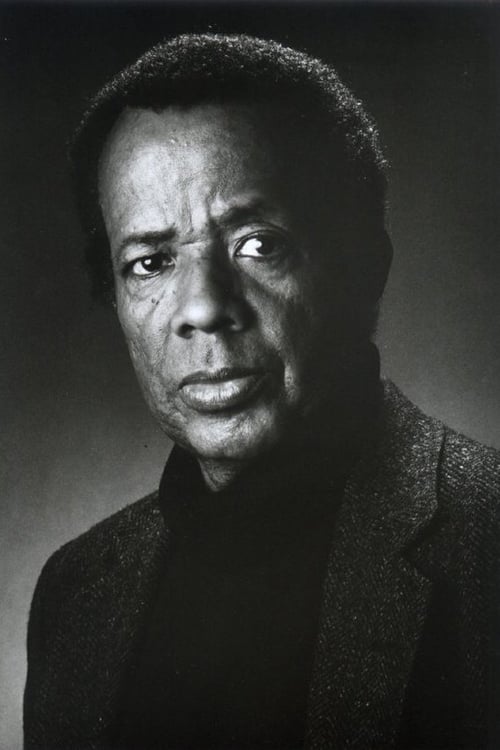
Riwayat Hidup
William Greaves (October 8, 1926 – August 25, 2014) was a documentary filmmaker and a pioneer of African-American filmmaking.
He produced more than two hundred documentary films, and wrote and directed more than half of these.
Greaves garnered many accolades for his work, including four Emmy nominations, one of which he won for his work as executive producer on the African-American news program Black Journal.
Description above from the Wikipedia article William Greaves, licensed under CC-BY-SA, full list of contributors on Wikipedia.
Info Pribadi
Peran Yang Di Mainkan William Greaves
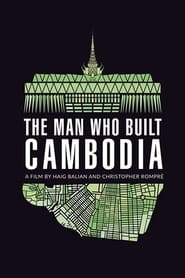 An architect whose iconic buildings defined...
An architect whose iconic buildings defined...The Man Who Built Cambodia 2017
An architect whose iconic buildings defined a newly independent Cambodia struggles to come to terms with the reckless development that threatens his legacy.
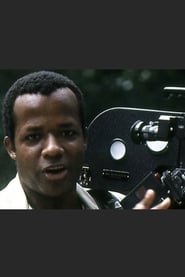 A documentary on the career of...
A documentary on the career of...Discovering William Greaves 2006
A documentary on the career of William Greaves, featuring Greaves, his wife and co-producer Louise Archambault, actor Ruby Dee, filmmaker St. Clair Bourne, and film scholar Scott MacDonald. Released within Criterion's Symbiopsychotaxiplasm set.
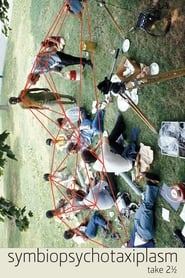 A movie about making movies about...
A movie about making movies about...Symbiopsychotaxiplasm: Take 2½ 2005
A movie about making movies about making movies. In 1968, William Greaves shot several pairs of actors in a scene in which a woman confronts her husband and ends their relationship. In "Take 2 1/2," Greaves starts with 1968 takes of one of these pairs of actors plus footage of the crew discussing the film's progress. Then, 35 years later, Greaves brings back to Central Park those actors and some of the original crew (plus others) to film a reunion of the characters Alice and Freddie. We watch scenes of these characters and discussions among the actors and crew. Greaves explores and dramatizes the dialectic in the creative process.
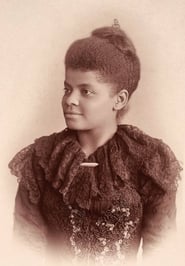 Ida B Wells A Passion for...
Ida B Wells A Passion for...Ida B. Wells: A Passion for Justice 1989
Ida B. Wells: A Passion for Justice documents the dramatic life and turbulent times of the pioneering African American journalist, activist, suffragist and anti-lynching crusader of the post-Reconstruction period. Nobel Prize-winning author Toni Morrison reads selections from Wells' memoirs and other writings in this winner of more than 20 film festival awards.
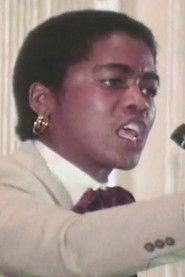 The film questions whether the Civil...
The film questions whether the Civil...Black Power in America: Myth or Reality? 1986
The film questions whether the Civil Rights Movement of the 1960s effectively changed the Black community, and American society more widely, and examines the notion of Black power itself. Greaves interviewed major Black leaders, such as Franklin Thomas, Clifton Wharton Jr., Eleanor Holmes Norton, and Lerone Bennett Jr. to present a candid take on issues within the African American community, revealing wider societal problems in America at large.
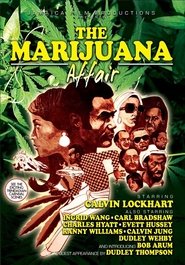 An American detective investigates the drug...
An American detective investigates the drug...The Marijuana Affair 1975
An American detective investigates the drug trade's influence on violence in Jamaica and corruption among government officials and high-ranking members of the police force.
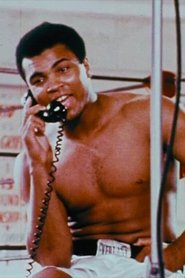 In 1971 maverick filmmaker William Greaves trained...
In 1971 maverick filmmaker William Greaves trained...The Fight 1974
In 1971, maverick filmmaker William Greaves trained his cameras on both Muhammad Ali and his opponent, Joe Frazier, ahead of the “Fight of the Century” at New York’s Madison Square Garden. The epic battle was supposed to be Ali's big comeback following the suspension of his boxing license in 1967. In addition to the media circus surrounding both combatants, Greaves shot the match in its entirety from a dizzying array of camera angles, making the director's cut of The Fight both an invaluable historical document as well as a virtuosic piece of filmmaking
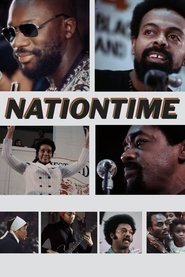 A report on the National Black...
A report on the National Black...Nationtime 1972
A report on the National Black Political Convention held in Gary, Indiana, in 1972, a historic event that gathered Black voices from across the political spectrum, among them Jesse Jackson, Dick Gregory, Coretta Scott King, Richard Hatcher, Amiri Baraka, Charles Diggs, and H. Carl McCall.
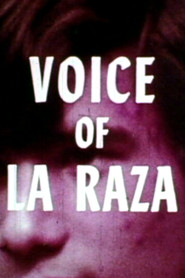 Produced by the Equal Employment Opportunity...
Produced by the Equal Employment Opportunity...Voice of La Raza 1971
Produced by the Equal Employment Opportunity Commission, this film traces the ongoing struggle for equality by the Spanish-speaking residents of the United States. Through a fictitious scenario and real discussions with a range of individuals, including local business leaders, parents, and student activists, the film explores job discrimination and the resulting hardships within the Hispanic community. Many of the interviews are conducted by actor Anthony Quinn, who relates his own family's struggles as Mexican immigrants in East Los Angeles.
 In this intimate portraitproduced for a...
In this intimate portraitproduced for a...Black Journal: 26; Alice Coltrane 1970
In this intimate portrait—produced for a segment of National Education Television's "Black Journal" television program—legendary jazz musician Alice Coltrane plays the harp and discusses her thoughts on music, spirituality, family, and the legacy of her late husband, John Coltrane.
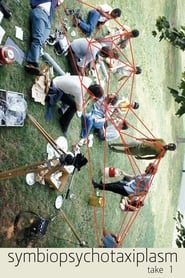 In Manhattans Central Park a film...
In Manhattans Central Park a film...Symbiopsychotaxiplasm: Take One 1968
In Manhattan's Central Park, a film crew directed by William Greaves is shooting a screen test with various pairs of actors. It's a confrontation between a couple: he demands to know what's wrong, she challenges his sexual orientation. Cameras shoot the exchange, and another camera records Greaves and his crew. Sometimes we watch the crew discussing this scene, its language, and the process of making a movie. Is there such a thing as natural language? Are all things related to sex? The camera records distractions - a woman rides horseback past them; a garrulous homeless vet who sleeps in the park chats them up. What's the nature of making a movie?
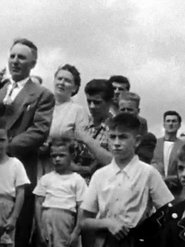 A look at the destruction that...
A look at the destruction that...The Dikes 1955
A look at the destruction that follows the breaking of long-neglected dikes and the measures being taken to prevent future problems.
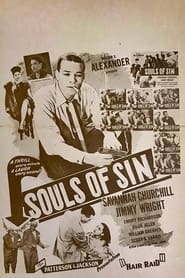 Unsuccessful gambler Dollar Bill Burton lives...
Unsuccessful gambler Dollar Bill Burton lives...Souls of Sin 1949
Unsuccessful gambler 'Dollar Bill' Burton lives in a crummy New York basement room with old friend Bob and a new roommate, friendly blues singer 'Alabama' Lee. But, tired of being broke, Dollar Bill gets more steady employment...doing illegal errands for gangster Bad Boy George. The now prosperous Bill ignores pretty, adoring Etta and takes up with sultry singer Regina. Will Bill's way of life catch up with him? Will his upright friends be more successful in the end?
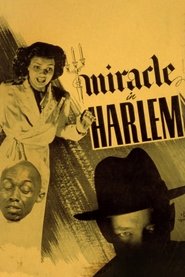 A crooked real estate tycoon tricks...
A crooked real estate tycoon tricks...Miracle in Harlem 1948
A crooked real estate tycoon tricks a trusting young woman out of her small candy store. When he is found dead, the girl is suspected of the crime.
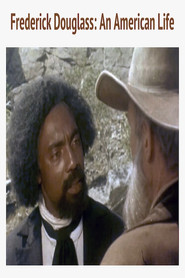 This directors cut of the William...
This directors cut of the William...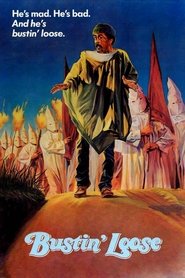 After excon Joe Braxton violates his...
After excon Joe Braxton violates his...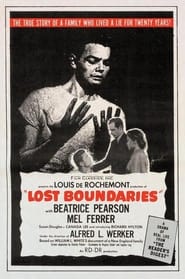 A lightskinned AfricanAmerican family are passing...
A lightskinned AfricanAmerican family are passing...